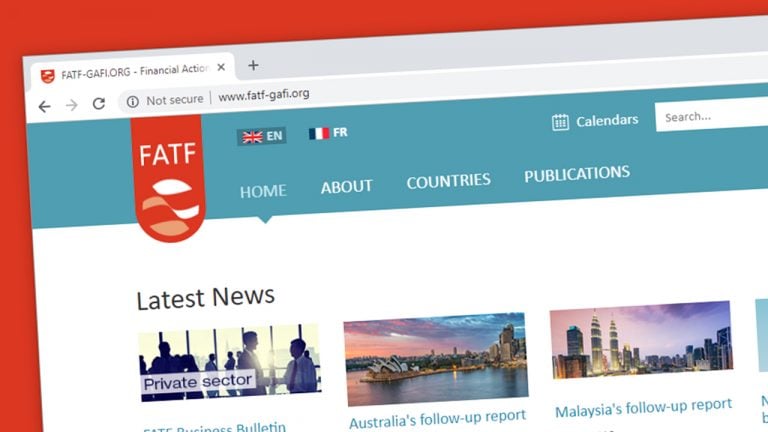
FATF: Regulate Virtual Currency Exchanges to Counter Crime Risks
The Financial Action Task Force (FATF) has recommended closer monitoring of digital currency exchanges and gateways to counter money laundering and terrorism financing. FATF published its 'Guidance for a risk-based approach to virtual currencies' at a plenary meeting held this week in Brisbane. The 48-page document acknowledges that digital currencies carry several economic benefits such as decreased transaction costs, financial inclusion for those lacking access to banking services and the facilitation of microtransactions. However, they also carry risks of money laundering and terrorist....
Related News
The Monetary Authority of Singapore (MAS) is to regulate virtual currency intermediaries in order to address potential money laundering and terrorist financing risks. A statement from MAS said the anonymous nature of virtual currency transactions leave them particularly vulnerable to these risks. In response, MAS is introducing regulations requiring intermediaries that operate virtual currency exchanges and vending machines to verify the identities of their customers. They will also be required to report any suspicious transactions to the Suspicious Transaction Reporting Office. Ong Chong....
The Financial Action Task Force (FATF) has published a paper looking into the money laundering and terrorism financing risks involved with digital currencies. FATF is an independent intergovernmental organisation tasked with developing policies to combat money laundering (AML) and terrorism financing (CTF). The organisation further maintains a blacklist, which highlights jurisdictions that refuse to address these issues. In addition, the FATF issues recommendations for AML and CFT, which must be followed in order to stay off the blacklist. The FATF paper, titled 'Virtual Currencies - Key....
Commonwealth governments should regulate bitcoin to address the risks associated with digital currencies without stifling innovation. This was one of the recommendations put forward by the Commonwealth's Virtual Currencies Working Group during a three-day conference held in London this week. After hearing from the banking sector, academia, virtual currency operators, users and law enforcement agencies, the group urged governments to re-consider their legislative response to virtual currencies such as bitcoin and strengthen law enforcement to counter criminal use. The group, which noted....
Financial Action Task Force on Money Laundering (FATF), an international intergovernmental organization created to combat money laundering has recently issued guidance in the form of a report titled 'Guidance for a Risk-Based Approach to Virtual Currencies' for closer monitoring of cryptocurrency exchanges. The report discusses about various benefits associated with digital currencies and also the potential risks of money laundering and terror financing it comes along with. The report was published as part of the recently concluded plenary meeting held at Brisbane. The organization with....
On March 19, the Financial Action Task Force (FATF) published draft guidance on the risk-based approach to virtual assets. The newly updated guidance now applies anti-money laundering and know-your-customer rules to stablecoins, decentralized finance (defi), and non-fungible token (NFT) assets. FATF Defines Decentralized Exchanges and Defi as a Virtual Asset Service Providers For a while now, cryptocurrency proponents have said that one day, global regulators would likely target decentralized finance (defi) and the latest non-fungible token (NFT) hype. For a while now, the Financial Action....





